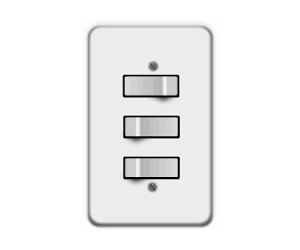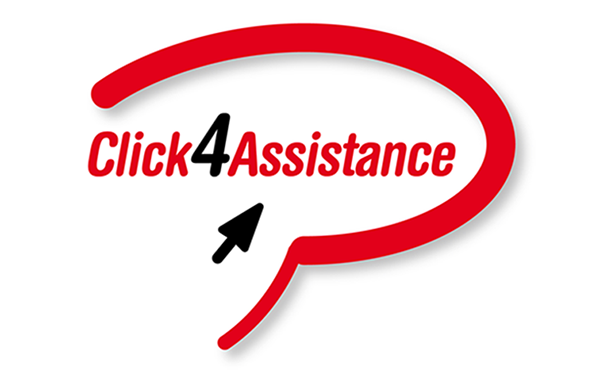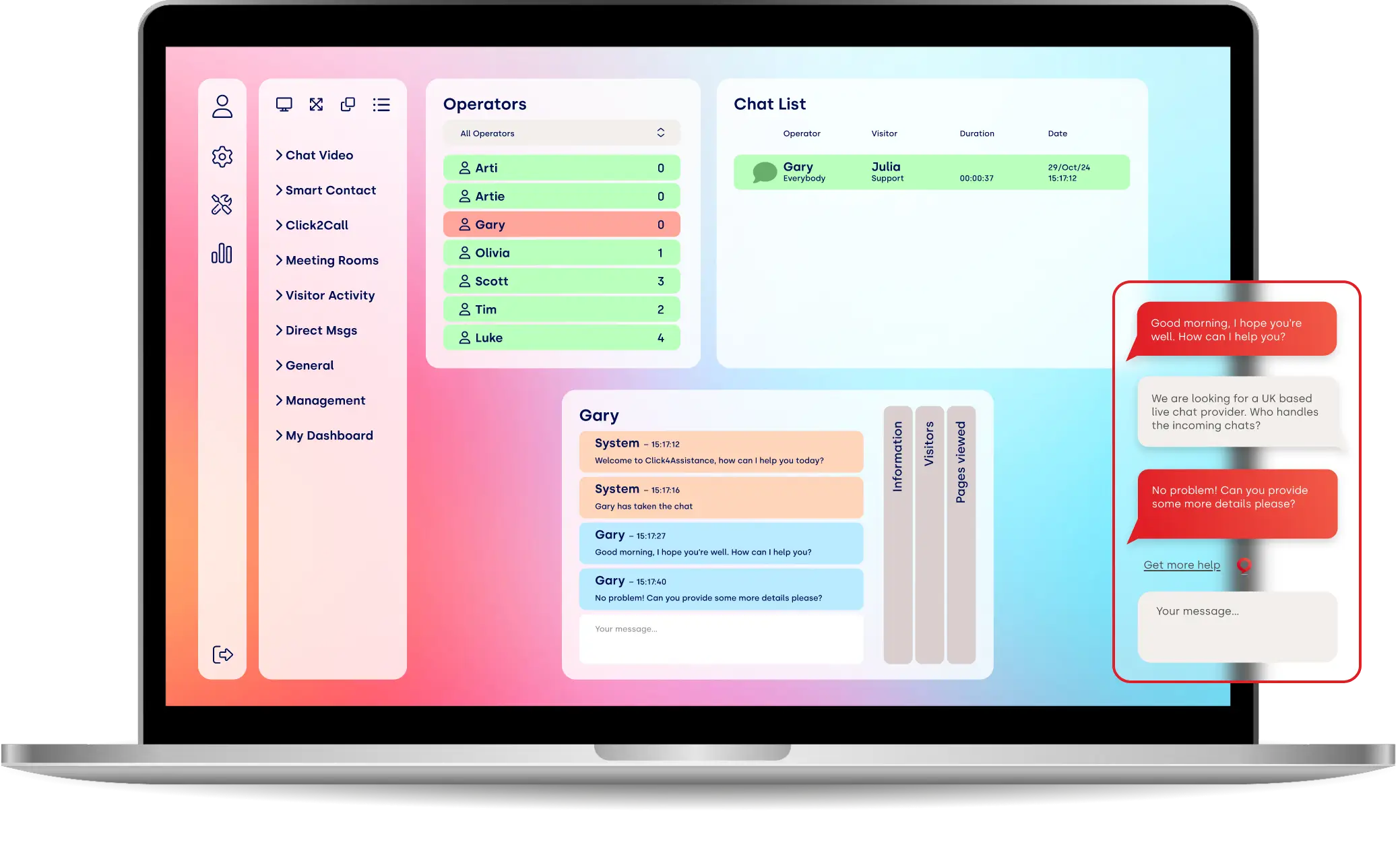To Outsource or Not to Outsource when Adding Live Chat Software

Every growing and live chat software-reliant business will eventually reach a point where they need to choose between hiring additional in-house operators or an outsourced solution. There is no right or wrong answer to this dilemma; everything from the company’s size, nature of the product, the need for on-going support and the physical location of the business will influence this decision.
Outsourcing
It's nice to have in-house experts with intimate knowledge of your business, your product and your customers’ needs. These operators don’t come cheaply and training up operators to this level of proficiency only adds to costs. What’s more, if the business requires chat to be manned 24/7, expenditure suddenly doubles. For many small and medium-sized businesses, outsourcing is often the better solution. Here are the pros to outsourcing your live chat software operators:
- Non-Specialist Product or Service
Highly specialist products require highly specialised people and vice versa. If the product or service being sold is not particularly complicated, operator hire and training should be significantly cheaper; making outsourcing a financially viable and sensible option.
- Specialist systems.
Outsourcing allows you to circumvent implement costs. Let someone else worry about providing a facility armed with specialist equipment and complex automated setups. Most chat centres are happy to store, manage and process large amounts of data on your behalf.
- Seasonal needs
Even the steadiest business will exhibit some pattern or adherence to a seasonal flux. If you require a lot of seasonal-dependent up-or-downscaling, then outsourcing is the perfect solution. For example, universities are always busy in September and software companies can expect a wave of chat after releasing a new version release
- Limited needs
In-house hiring costs are prohibitive in that a task may not be fulltime. It can instead be cheaper to hire a one-off operator for a set duration than to have several live chat operators working at half capacity. In this sense, outsourcing is great for coping with an unexpectedly busy period or a one-off project.
To summarise, the biggest advantage of outsourcing live chat operators is that companies can bring in professionals for a defined period of time to perform one set task without a long term commitment to them. Even though hourly and project rate is higher than hiring an employee, organisations stand to save thousands of pounds by not committing to an annual salary with benefits for a team of operators. But outsourcing your operators is not always ideal, there are notable disadvantages.
A relatively small company will struggle to find an affordable but nonetheless high-quality service provider and inexperienced operators on your chat could put your company’s reputation at risk. This isn’t surprising since most support services are geared towards larger organisations with significantly bigger budgets. SMBs are in a difficult position because they need to weigh up the tangible cost of outsourcing against the intangible cost of leaving chats unanswered.
In-House
While outsourcing certainly appeals as a Band-Aid solution, in-house has some considerable advantages too. Performance management, for example, is much easier. When a company builds their own team they have much greater control over the time, activity and quality of that team’s work. It makes sense to have core operations in the hands of an in-house maintenance team who will be at your disposal 24/7.
Cost control is also a major factor. Full-time employees are paid the same regardless of the task they’re performing. Answering chats, setting up a server and staying late to solve a particular difficult coding problem can fall under the same pay packet. How well a company balances the workload among their employees determines fiscal viability of maintaining a large in-house team.
While having your employees poached is a very real and ever-present problem, having to pay extortionate rates because you’ve become reliant on that contractor and need to compete with other companies is even worse. Sidestep the bidding game and foster loyalty through high employee retention.
Arguably the biggest advantage is that a full-time chat operator will develop intimate knowledge of your product and/or service, making them a highly effective sales or support professional. More often than not, a team of in-house chat operators will outperform even the most experienced outsourced chat solution.
The single biggest hurdle with an in-house team is the initial setup cost. Providing operators with a computer, desk, webcam, payroll account and benefits can drive the costs up.
Hybrids
After looking at both choices it’s understandable why so many organisations have adopted a hybrid model for their live chat software. Dependant on the industry, retaining a Project Manager and core team of operators in-house while routing product-specific chats to an outsourced department can be an effective combination. Some operator centres may also be willing to act as overspill; only taking on chats when in-house operators are working at full capacity. Finding the right balance between in-house and outsourcing can make or break your chat implementation.
Conclusion
Unless a handful of chat operators is sufficient to meet demand for live chat, SMBs are generally advised to avoid infrastructure and integration costs by finding a reliable yet affordable outsourcer. But this also depends greatly on the nature of the business and whether the operator is performing a sales or support role.
It is common practice in the IT industry to outsource work to an offshore company, but for outsourcing chat operators it makes more sense to find a local solution that provides the right combination of cost saving, flexibility and 24-hour support without language or culture hurdles.
In-House, outsourcing and hybrids – every company has a unique problem with a unique solution. It is all a matter of context on how you should balance your own live chat operation.























